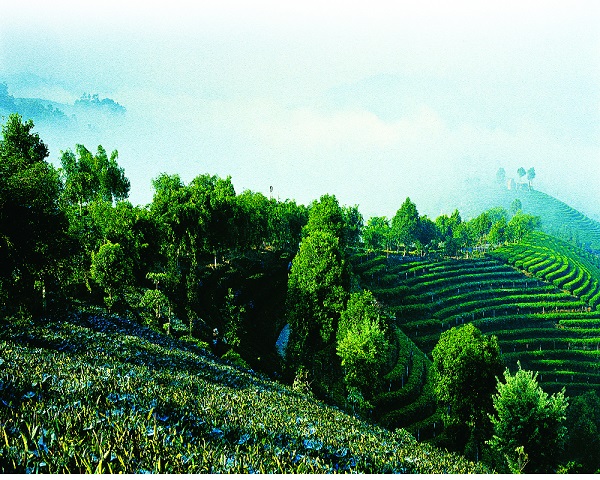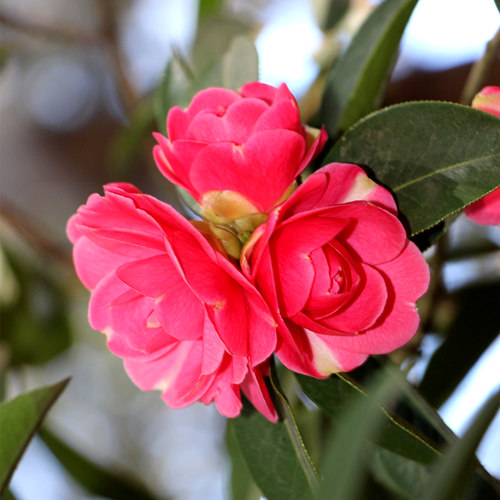
Detailed Introduction to Suijiang County of Zhaotong
Suijiang County (绥江县) is located in the northeastern part of Yunnan Province, under the administration of Zhaotong City. Known for its picturesque landscapes, rich cultural heritage, and vibrant agricultural economy, Suijiang is a county that blends traditional rural life with natural beauty. This detailed introduction explores Suijiang’s geographical features, history, economy, culture, and tourism potential.
Geographical Location
Suijiang County covers an area of about 2,453 square kilometers and is situated in the northern part of Zhaotong City, bordered by several other counties like Zhaoyang, Ludian, and Qiaojia. The county features a mountainous terrain with elevations ranging from 1,000 to 2,500 meters, contributing to its diverse climate and natural landscape.
The county lies in the subtropical highland zone, characterized by mild temperatures and rich biodiversity, with fertile lands that support various agricultural activities. The environment is a significant attraction for eco-tourism enthusiasts, with its clear rivers, forests, and diverse flora and fauna.
History
Suijiang County has a long history, with evidence of human settlement dating back to ancient times. It has been home to various ethnic groups over the centuries, including the Yi, Han, and Hui. The county has historically been an important agricultural and trade area in the region, facilitating economic exchanges between different parts of Yunnan.
During the Ming and Qing dynasties, Suijiang was an important local administrative region. Its historical importance was also linked to its role as a transit point for the trade of agricultural products, especially tobacco, grain, and silk.
Economy
The economy of Suijiang is primarily based on agriculture, but the region has also developed industry and tourism in recent years. Its agricultural products are highly valued both locally and in regional markets.
1. Agriculture
Suijiang’s fertile soil and favorable climate make it ideal for a wide range of crops. The county produces rice, corn, potatoes, tobacco, and various fruits, such as oranges, apples, and peaches. It is particularly known for the cultivation of tobacco, which has been a significant cash crop in the region.
The agriculture sector is not only the backbone of the local economy but also supports a variety of traditional farming methods passed down through generations. Over the years, modern farming techniques have been incorporated to increase productivity and sustainability.
2. Industry
While agriculture remains the primary industry, Suijiang has seen industrial growth in recent years. Key industries include food processing, construction materials, and textile production. The county's strategic location near major transportation routes has helped foster industrial development, contributing to regional economic growth.
Local government efforts have focused on attracting small and medium-sized enterprises, supporting entrepreneurship, and creating job opportunities for local residents.
3. Tourism
Tourism is an emerging sector in Suijiang, thanks to its beautiful natural landscapes and rich cultural heritage. The county is home to scenic spots, ethnic villages, and historic sites that attract visitors interested in eco-tourism and cultural exploration.
Ethnic and Cultural Heritage
Suijiang County is a melting pot of ethnic cultures, with the Yi and Hui ethnic groups being prominent. The cultural diversity in the county contributes to its unique identity and offers a glimpse into the region’s rich traditions.
1. Yi Culture
The Yi ethnic group has a prominent presence in Suijiang, and their culture plays a significant role in the county's social life. The Yi people are known for their colorful clothing, distinct language, and fascinating customs. One of the most notable cultural events in the Yi community is the Torch Festival, a lively celebration filled with traditional dances, songs, and fire-related rituals.
Traditional Yi handicrafts, such as embroidery, silver jewelry, and carved wooden items, are highly regarded for their craftsmanship and artistic value.
2. Hui Culture
The Hui ethnic group, with its Islamic traditions, also has a significant cultural influence in Suijiang. Their culinary traditions, religious practices, and festivals, such as Eid al-Fitr, bring a unique flavor to the local cultural scene. The Hui people contribute to the region’s culinary diversity, with many traditional dishes and flavors that attract food enthusiasts.
Natural Resources and Scenic Attractions
Suijiang County is blessed with a variety of natural resources, including forests, rivers, and diverse wildlife. The county’s landscapes offer ample opportunities for outdoor activit



